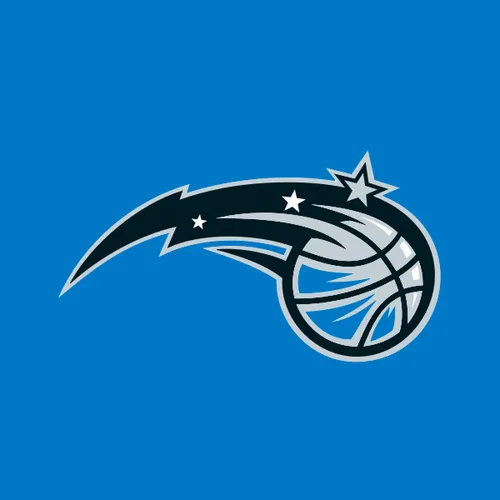







Equipment Management Jobs in the Sports Industry: A Quick Guide
Introduction
Equipment management is a crucial aspect of the sports industry, with professionals responsible for ensuring teams and athletes have access to the necessary gear and equipment to compete at their best. From inventory management to equipment maintenance and repair, these professionals keep the sports world running smoothly. In this guide, we'll explore the roles, job types, salaries, skills, and tips for landing a job in the equipment management sector of the sports industry.
The Role of Equipment Management Professionals in the Sports Industry
Equipment management professionals are responsible for various tasks, including purchasing, inventory control, equipment maintenance and repair, and coordinating with coaches and athletes to ensure their equipment needs are met. They must stay up-to-date with the latest advances in sports equipment technology and maintain strong relationships with vendors to secure the best deals and products for their organization.
Types of Equipment Management Jobs Available in the Sports Industry
Equipment Manager: Oversees the entire equipment department, including budgeting, inventory control, and staff management.
Assistant Equipment Manager: Assists the equipment manager in their duties and often specializes in a specific sport or area of equipment management.
Equipment Technician: Focuses on equipment repair and maintenance, ensuring all gear is in optimal condition for use.
Equipment Coordinator: Works with coaches and athletes to fulfill their equipment needs and ensures inventory is properly stocked.
Salaries on Offer
Entry-Level: $30,000–40,000 USD per year
Junior-Level: $40,000–50,000 USD per year
Intermediate-Level: $50,000–60,000 USD per year
Senior-Level: $60,000+ USD per year
Salaries can vary significantly depending on the organization, location, and sport involved.
Essential Skills Needed to Succeed in Equipment Management in the Sports Industry
Strong organizational skills: Managing inventory, coordinating with multiple stakeholders, and keeping track of budgets require excellent organization.
Attention to detail: Ensuring that equipment is in top condition and properly maintained requires a keen eye for detail.
Communication skills: Equipment managers must effectively communicate with coaches, athletes, and vendors to meet the needs of the organization.
Problem-solving abilities: Equipment issues can arise unexpectedly, requiring quick thinking and creative solutions.
Knowledge of sports equipment: Staying up-to-date with the latest technology and trends is crucial for ensuring athletes have the best gear possible.
Tips for Landing an Equipment Management Job in the Sports Industry
Gain relevant experience via Rebound: Intern with sports teams, athletic departments, or equipment manufacturers to build your skills and connections.
Pursue education and certifications: A degree in sports management, kinesiology, or a related field can be beneficial, as well as certifications in equipment management.
Network: Attend industry events and conferences, and join professional organizations to connect with others in the field.
Tailor your resume and cover letter: Customize your application materials to highlight your relevant skills and experience for each position you apply to.
Conclusion
A career in equipment management within the sports industry can be both challenging and rewarding, offering the opportunity to work closely with athletes and contribute to their success on the field, court, or track. By developing the necessary skills, gaining relevant experience, and networking with industry professionals, aspiring equipment management specialists can set themselves up for a successful career in this essential sector of the sports industry.



























